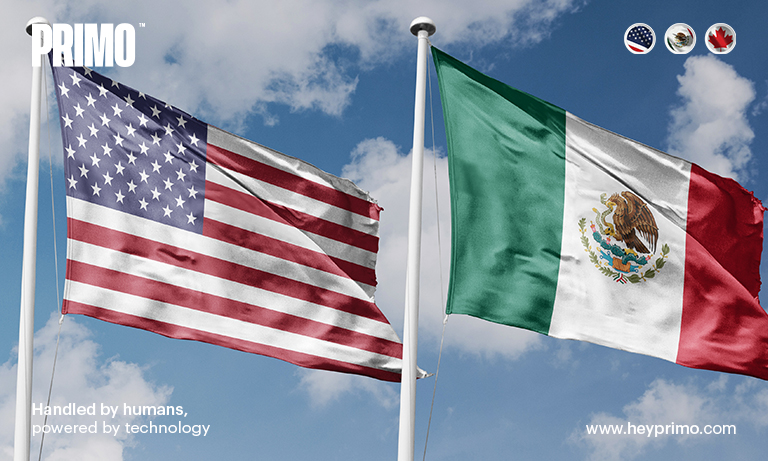
Mexico is actively seeking preferential treatment from the United States amid escalating auto tariff tensions. President Donald Trump recently announced a 25% tariff on imported vehicles, a move that could significantly impact Mexico’s automotive industry, which exported approximately 2.5 million vehicles to the U.S. in 2024.
In response, Mexican Economy Minister Marcelo Ebrard emphasized the importance of securing exemptions to protect Mexican jobs and economic activity. He highlighted that many Mexican exports contain substantial U.S.-made components, with some vehicles comprising up to 40% U.S. parts. This integration underscores the mutual benefits of cross-border trade and the potential adverse effects of stringent tariffs on both economies.
President Claudia Sheinbaum has engaged in discussions with U.S. officials, advocating for collaborative solutions over retaliatory measures. She emphasized that reciprocal tariffs could jeopardize longstanding partnerships with major automakers like General Motors, Stellantis, and Ford, which have been integral to Mexico’s industrial landscape for decades.
As businesses navigate these uncertainties, PRIMO’s human-first model and robust freight management platform offer shippers adaptive solutions to manage disruptions and control rising costs. By integrating advanced technology with personalized service, PRIMO empowers clients to maintain operational efficiency and resilience in a fluctuating trade environment.
The outcome of these negotiations will be pivotal for the future of North American trade relations and the stability of industries reliant on cross-border cooperation.